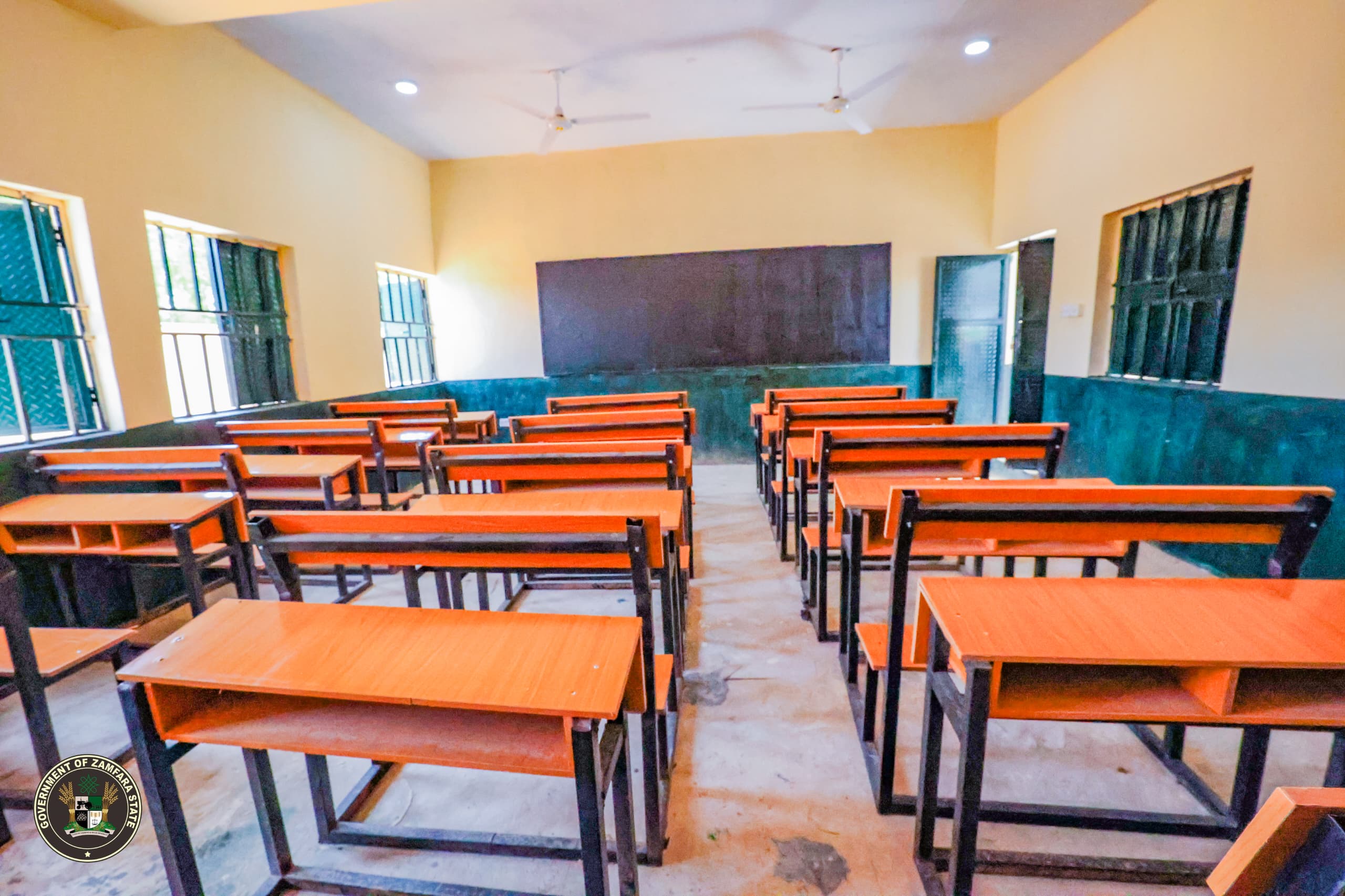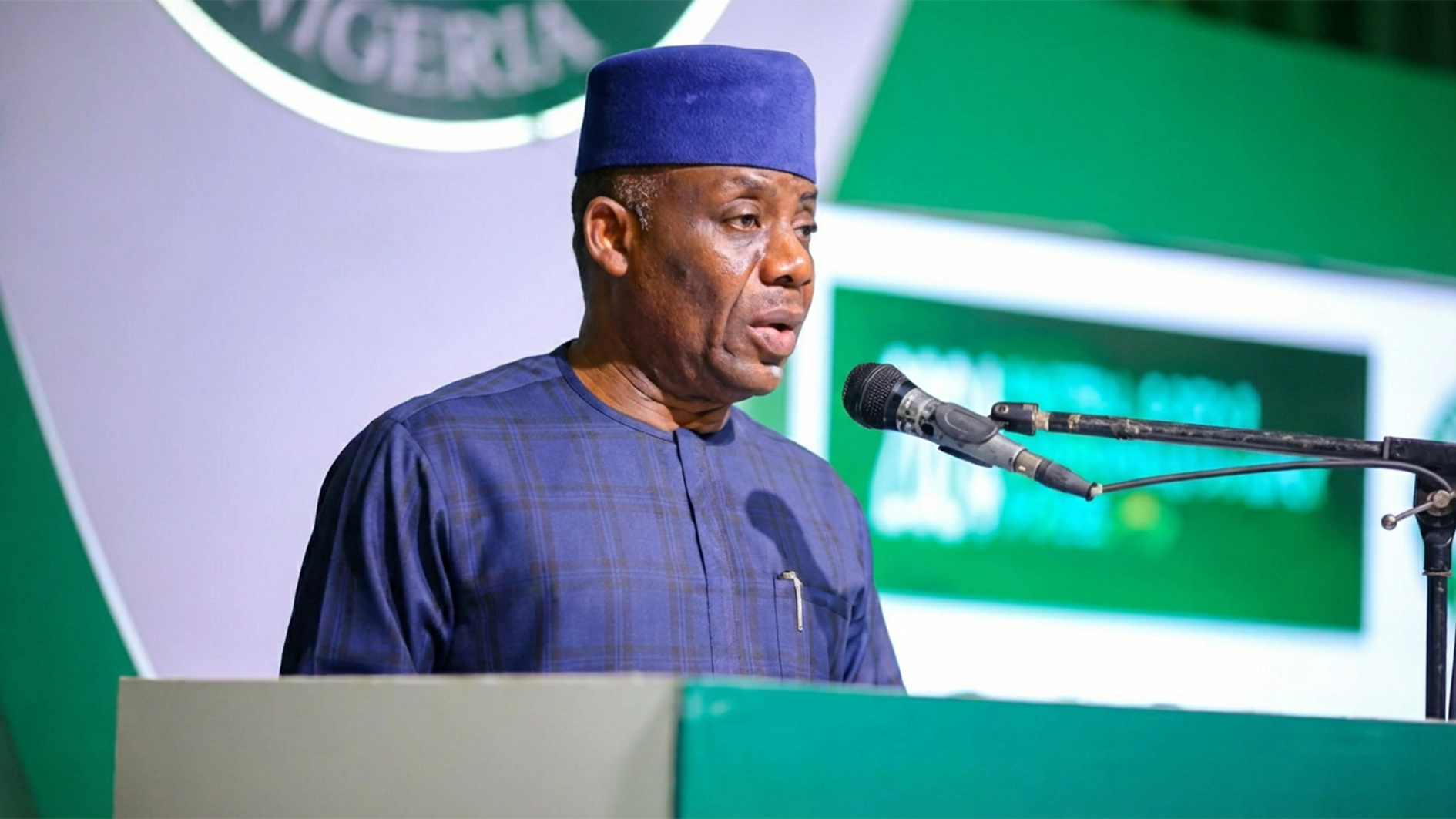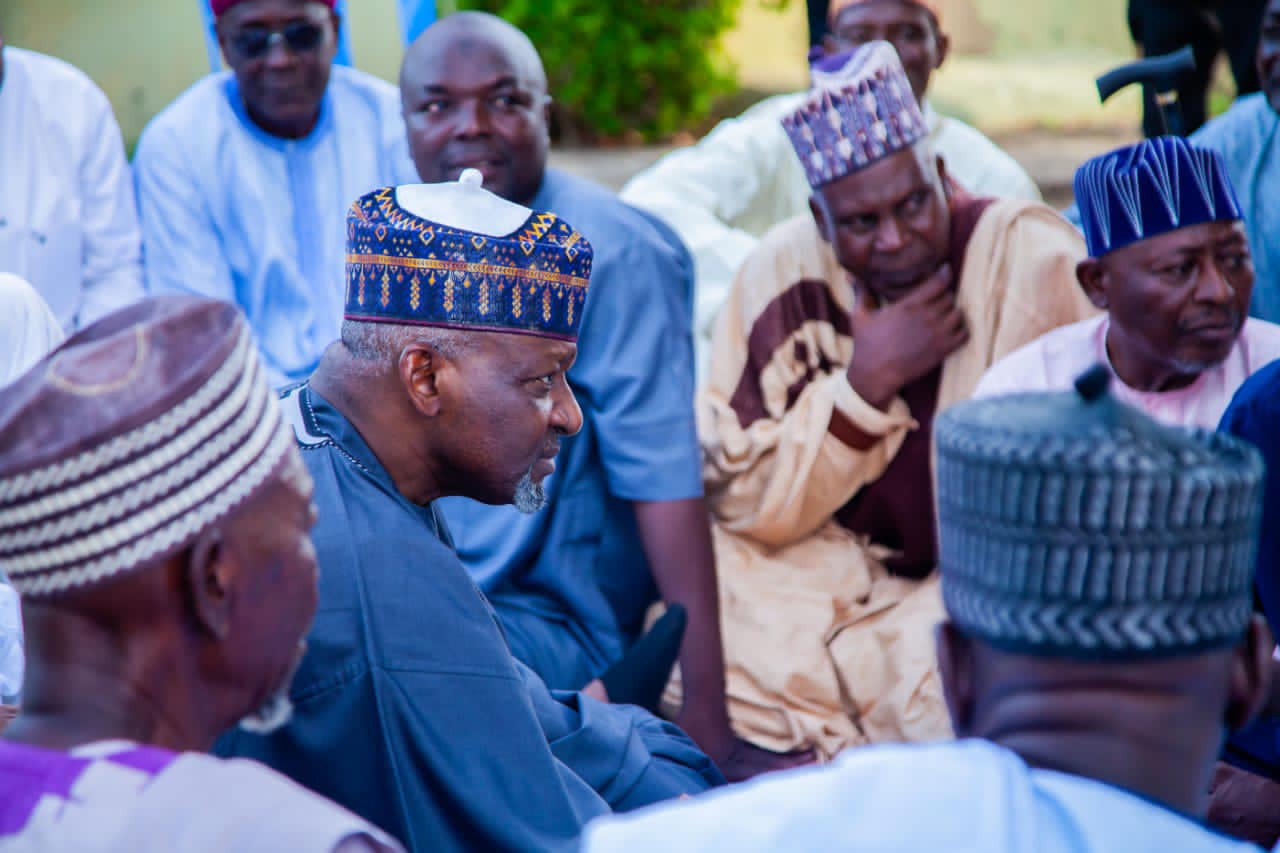The first cohort of students from KNOSK N100-a-Day Charity Secondary School, Kuje, Abuja, have graduated, marking the milestone with an inspiring education impact story exhibition in the country’s capital.
The event celebrated both the achievements of the pioneer graduates and the school’s impact in making quality education accessible to underserved children.
Through exhibitions, storytelling, panel discussions, spoken word performances, musical displays, and personal testimonies, guests witnessed the tangible results of the initiative’s mission.
The two-day event, co-hosted by the Embassy of Ireland and the United States Diplomatic Mission in Nigeria, was a celebration of resilience, innovation, and community-driven change, highlighting a model that could be replicated nationwide.
Founded in 2019, the school charges a daily fee of N100 and provides free books, uniforms, sports attire, and lunch each day, as well as monthly sanitary pads for girls.
Designed for children from low-income families earning below the minimum wage of N70,000, the school relies on donors who help sponsor each kid with costs ranging from N80,000 a term to N240,000 per session.
Speaking with The Guardian at the ceremony, co-founder Irene Bangwell explained that the event was also organised to raise funds in support of the 14 pioneer students as they begin their journey into tertiary education.
She noted that while some had already secured scholarships at MIVA University, the African University of Science and Technology, and Philomath University, each child had overcome significant challenges.
“They’ve gone through different adversities—loss of parents, living with foster families, being displaced—and then the school took them in to provide accommodation. All 14 of them have unique stories of difficulty and resilience, ensuring their academics never suffered despite their struggles.
“I’d like to think that these children, when given support, responded by fulfilling their part of the bargain—staying disciplined, studying hard, working hard, and showing good conduct. They are very deserving of whatever support is extended to them today,” she said.
Bangwell explained that the aim is to broaden the school’s reach, giving more underprivileged students and underserved communities access to education.
“I want to see KNOSK School in many more localities, many more states, because we have a model that works,” an elated Bangwell said.
“We’ve done this for six years, and we’re just starting our seventh school year, so I feel like we have a framework that we can put anywhere and get the right outcomes. People just need to look out for the next announcement.”
According to her, the milestone reflects the impact of collective support and innovative funding models, with donors’ support making life-changing opportunities possible for the students.
She also commended donors who have sponsored and supported the pioneer students in school over the last six years, including the Ford Foundation, MacArthur Foundation, Reliance HMO, International Community School, Pillars of Love School, and numerous individuals.
On his part, co-founder of KNOSK School, Kingsley Bangwell, disclosed that the school currently serves 180 students, although space limitations have forced it to turn away more than 500 applicants.
He called for greater government intervention, urging policymakers to design targeted programmes for underserved communities.
According to him, such communities face multiple barriers—from poor nutrition to insecurity, which threaten learning outcomes and require deliberate solutions to ensure access to quality education.
In their separate goodwill messages, the Ambassador of Denmark to Nigeria, Jens Hansen, Second Secretary and Head of Cooperation, Embassy of Ireland in Nigeria, Benita Hickson, as well as Director-General, National Orientation Agency (NOA), Lanre Issa-Onilu, commended the resilience of the students and the innovative funding model that made their education possible.
They encouraged the graduating students to see themselves as ambassadors of hope, while urging stakeholders to replicate the KNOSK approach in other parts of the country to bridge learning gaps.
Sharing his experience, one of the pioneer students, Solver Marjorie Pada, disclosed that he cleared all his senior school certificate examinations and scored 241 in this year’s Unified Tertiary Matriculation Examination (UTME). Pada says he plans to study Software Engineering at the Federal University of Technology, Minna, but is yet to get a sponsor.
He described his journey at KNOSK as life-changing, noting that the opportunity to receive consistent education, alongside the support of teachers and peers, had given him the confidence to pursue his dream of becoming a tech innovator.
Other graduates echoed similar sentiments, expressing gratitude to the school and its donors for providing not just an education but also a sense of stability and belonging.
Their testimonies reinforced the message at the heart of the exhibition: with the right support, children from even the most challenging backgrounds can rise above adversity and excel academically and personally.






